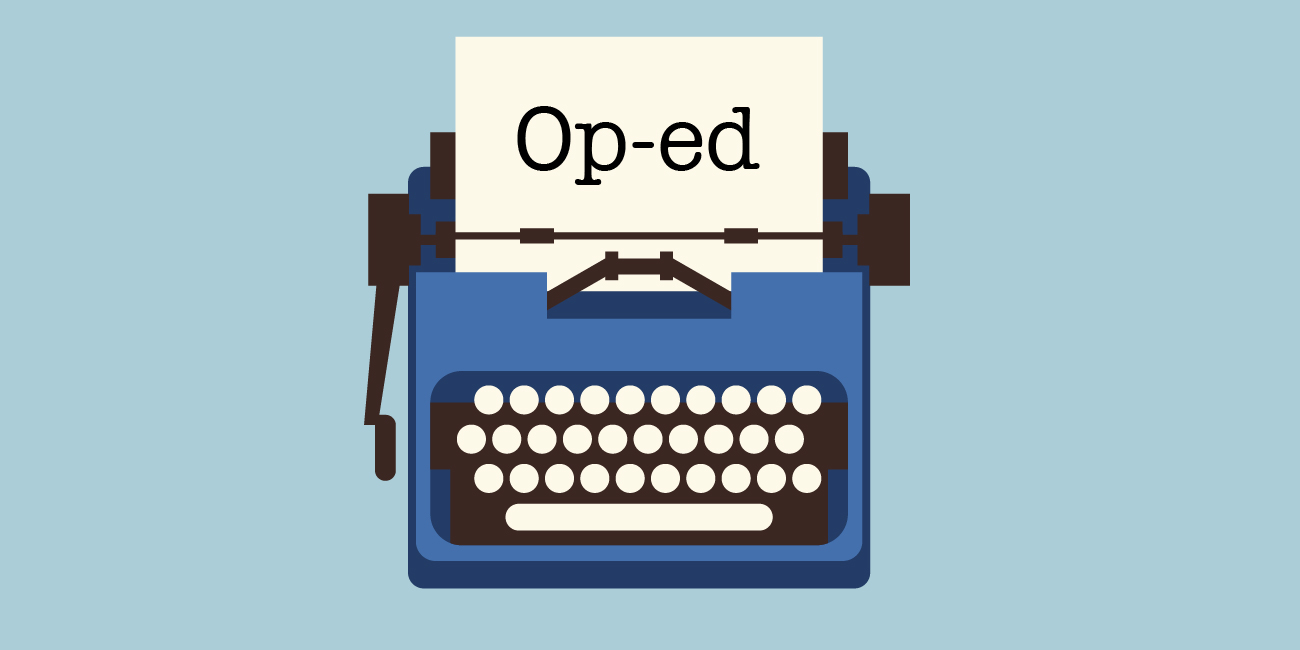
Tariq I. El-Amin
For years, the Pew Research Center listed Black Americans as having the highest levels of religiosity and faith. The Rev. Martin Luther King Jr., in fact, was known as “the moral conscience of America” by many Americans, irrespective of race.
King was not exceptional in this regard. Black people’s relationship with faith and spirituality has been essential to their survival in a society that has sanctioned, tacitly or explicitly, the brutalization and subjugation of Black bodies, historically and up to the present day.
With nowhere to turn but God, Black people developed a big-picture vision of life that allowed them to conceptualize freedom and victory beyond their individual lifetimes. They had to believe in a future they could not see, find redemption in their suffering, be willing to extend charity with half-full stomachs, and see no one in need as a stranger.
If we view Black value through the lens of production and invention, it’s an easy task. We can just point to the many unheralded innovators, scientists, doctors, and other professionals who have been purposely ignored. The greater the invention, the more impressive the person. And while the sharing of these achievements has been a source of inspiration and pride for many Black Americans, it is the unseen achievement of millions of Black people who held on to their humanity, despite such grossly inhumane conditions, that should be celebrated with equal vigor — if not more.
It would be reasonable to expect the fruits of the great experiment of the United States’ self-professed democratic government to be rotten, but that is not the case. Bruised? Yes. Malformed? In some instances. But on the whole, the same people who were denied their humanity called America to reclaim its own. It is these people whose inventions and contributions we celebrate during Black History Month — but who, more often than not, were kept from reaping the rewards of their brilliance and ingenuity.
And yet, they remained brilliant. They did what human beings do. They contributed. They recognized problems and solved them. They were not crushed by their circumstances. They found ways to be free, to love, to see God’s mercy in spite of other people’s inhumanity.
Black people in the United States have stood as a proxy, as living embodiments of the soul of humanity. This statement should bring the question to the fore: What does it mean to be human? What are the threats to our humanity? What could stop us from caring for one another? What could make us lose hope and believe in only what we can see?
Neither enslavement nor Jim Crow was able to separate our people from a sense of faith in the presence and the promise of God or our faith in each other. It is that ever-present faith that has watered our human sensitivities despite living through generations that saw nothing but a barren landscape scorched by the fires of hatred and denial. These same sensitivities register the pain and joy of others as our own. These sensitivities allow us to see ourselves in each other, making us a human family.
Our society is tethering itself, to even a greater extent, to consumerism and individualism, valuing only what can be seen. But we are brought closer to our best selves by reflecting on Black America’s greatest achievement and gift to this nation — faith. We are stronger than the worst circumstances. God made us that way. All of us. And Black people reminded you.
Tariq I. El-Amin is the resident imam of Masjid Al-Taqwa, a community in association with the leadership of late Imam Warith Deen Mohammed, and the founder of the Chicago Black Muslim History Tour.
24World Media does not take any responsibility of the information you see on this page. The content this page contains is from independent third-party content provider. If you have any concerns regarding the content, please free to write us here: contact@24worldmedia.com